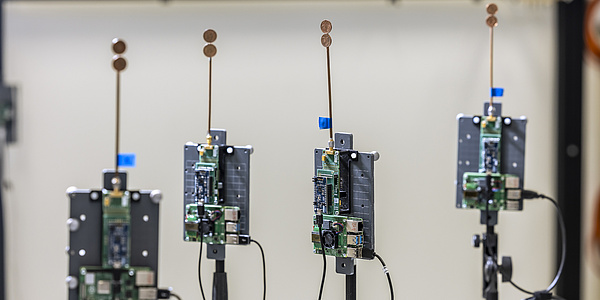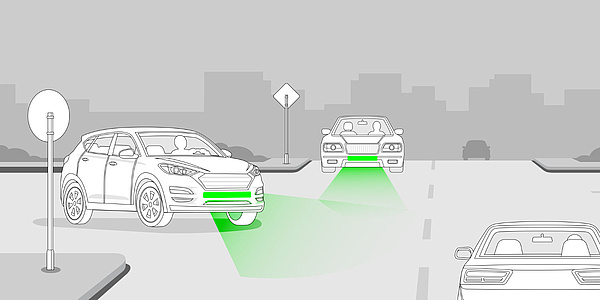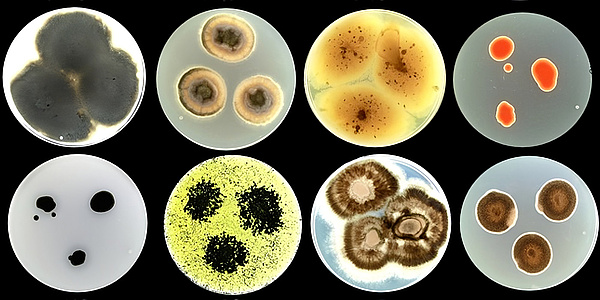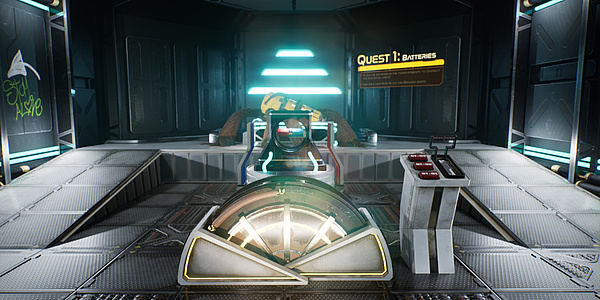Artificial Intelligence in Miniature Format for Small Devices

Researchers from TU Graz, Pro2Future and the University of St. Gallen have developed methods that enable IoT devices to run AI models with minimal memory – for example, to correct positioning errors.









